Eating healthy is the first step to living a healthy lifestyle. Sticking to nutritious, unprocessed foods will energize you throughout the day, strengthen your immune system, improve your sleep, and impact other aspects of your life. Eating healthy is also a great way to lose weight, even more so than working out. In fact, by eating healthy and eating 500 fewer calories daily, a person can lose up to one pound per week on average, according to the Mayo Clinic.
The benefits are undisputed, but eating healthy is not easily achievable or affordable for everyone. Shopping for healthy ingredients can be time-consuming, with shopping lists and recipe research taking up time most people don't have to spare. Additionally, eating healthy can be expensive, especially when buying organic, locally-sourced, or non-GMO items. Though just because it's time-consuming and expensive doesn't mean you shouldn't do it.
You can make healthy, delicious meals whenever by simply having a few healthy staples in your pantry and a bit of creativity in the kitchen. Add supplements like those from PhytAge Labs, and you'll start feeling like your best self. Below are a few ingredients we recommend keeping in your pantry.
1. Legumes Like Beans, Chickpeas, and Lentils
Whether dried, canned, or frozen, legumes are an excellent protein and fiber source. For example, a single serving of chickpeas contains 10 to 15 grams of protein, 9 to 12 grams of fiber, and only 4 grams of fat. Chickpeas are a nutrient-packed food, as are other legumes such as black beans, red lentils, green beans, peas, and more. Legumes are also packed with vitamins such as iron and zinc.
It's great to have legumes in the pantry because they're super easy to cook. You can cover dried beans overnight and set them on a low boil for a few hours, which requires almost no work. Another option is to microwave canned chickpeas and add seasoning, which makes for a great rice bowl topping or burrito protein. With a little creativity, you can always count on a healthy meal if you have legumes around.
2. Sardines and Other Canned Fish
When it comes to animal protein, fish is the healthiest, and, unlike red meat, eating it can be beneficial. Fish is also an excellent source of Omega-3 fatty acids and protein. However, unless you live near the coast, fish can be expensive. The alternative is to eat canned fish such as sardines, salmon, and tuna. Canned fish, whether it's covered in oil or water, is a great source of protein, Omega-3 fatty acids, and minerals. Additionally, sardines, which are eaten whole from the can, are one of the best sources of calcium.
You can eat canned fish straight out of the can or incorporate it into your lunch and dinner recipes. For canned tuna or salmon, you can make onigiri, a Japanese rice ball filled with protein. You can also mix canned tuna with olive oil and a few spices and vegetables to make a light dish you can eat with whole-grain crackers. Sardines, in particular, are great with a squeeze of lime juice and a sprinkle of salt. Anchovies, which are very strong in flavor, can be mixed into pasta to make spaghetti alla puttanesca. Whichever way you prepare it, canned fish is extremely versatile, making it another must-have ingredient.
3. Whole Grains
Whole Grains are probably the most versatile and nutritious ingredients in your pantry. Whole grains include brown rice, oatmeal, quinoa, buckwheat, and whole rye. They contain a host of vitamins and minerals, providing a great deal of protein and fiber. Eating whole grains regularly can lower your risk for heart disease, stroke, and obesity.
Whole grains can be eaten independently, though they are usually served as a side. While whole grains don't typically provide a ton of flavor, they are great at absorbing flavor from seasonings and aromatics. Throw a tomato, garlic, and onion with your quinoa, and you have a delicious bowl to which you can add proteins and vegetables. Oatmeal is usually eaten as its own dish, with many preferring to mix in yogurt, fresh berries, or granola to make it even more nutritious.
4. Canned or Frozen Vegetables
Not only are most vegetables extremely low in calories, but they also offer incredible nutrition. There's no such thing as eating too many vegetables, as their benefits are too many to name. Fresh vegetables are great if you can get them, but that's not always the case. Vegetables go out of season, and there are sometimes shortages caused by disease, labor issues, or supply logistics problems. Vegetables can also go bad if you don't get to them in time. That's why it's recommended to keep frozen or canned vegetables around.
Frozen or canned vegetables can be great in a pinch. Even if you're heating a can of peas or microwaving a bag of broccoli, adding vegetables to your meals will undoubtedly make them healthier. Canned or frozen vegetables last a very long time, so keeping them stocked in your pantry or freezer is always a good idea.
PhytAge Supplements Are the Perfect Companion to Healthy Eating
Deciding to start eating healthy is one of the best decisions you can make. You'll feel better, look healthier, and live longer. However, a healthy lifestyle doesn't happen overnight. You have to develop healthy habits, from shopping for healthy ingredients to cooking healthy foods that are portion-controlled. While it can be challenging to develop these habits, you can make it easier on yourself by stocking your pantry with healthy essentials.
At PhytAge Labs, your health and well-being is our primary concern. Eating healthy is a great start to living a healthy lifestyle, but with PhytAge Labs' supplements like Immunity 911 and Turmeric Total Boost, you can take it further and cover all your bases.
Get in touch with us today to learn more about what we can do to help you become your best self.

 Cart
Cart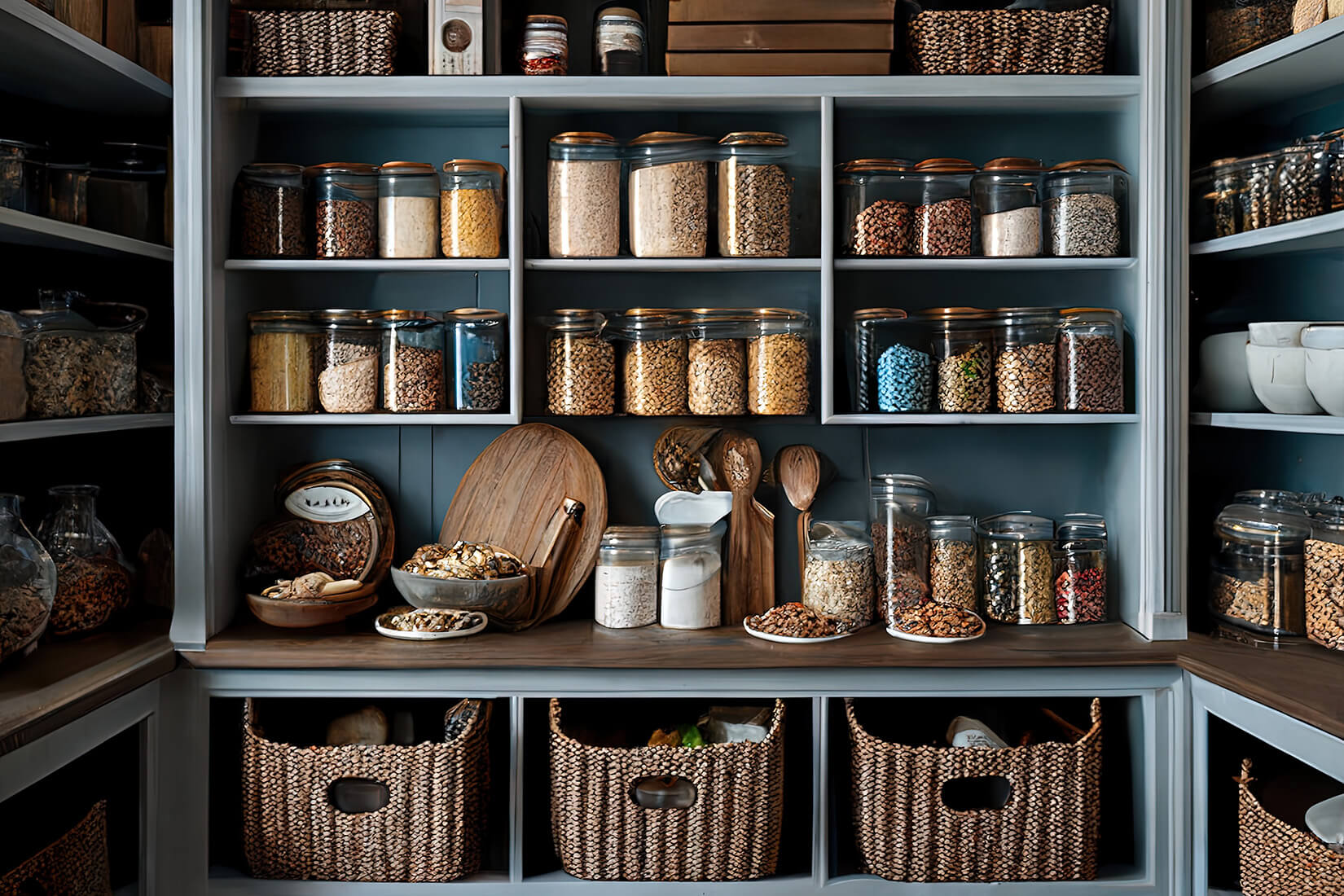
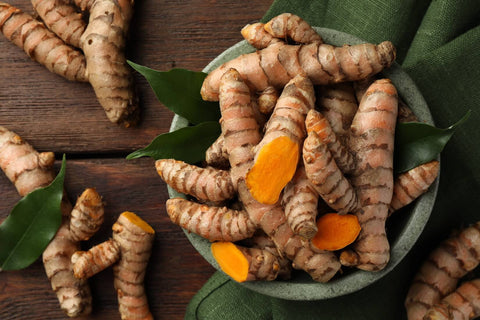

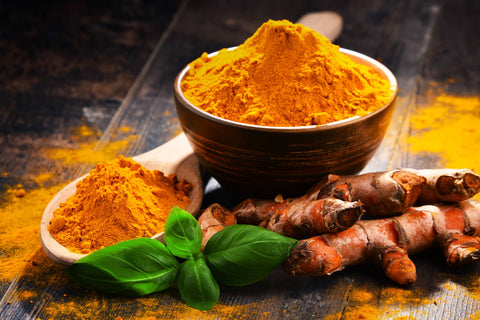

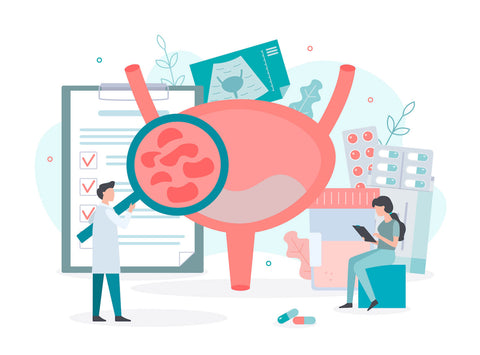




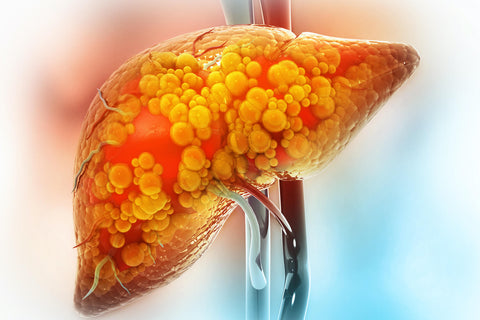

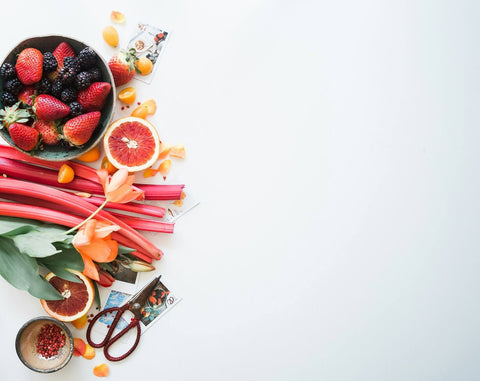



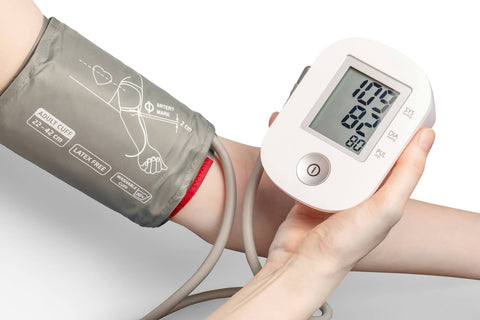

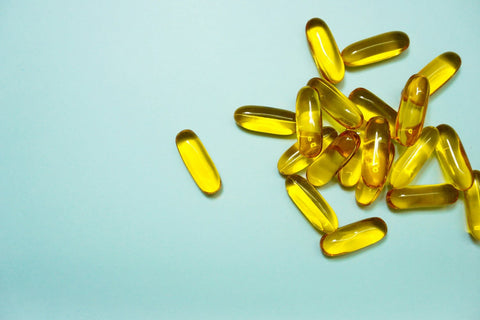
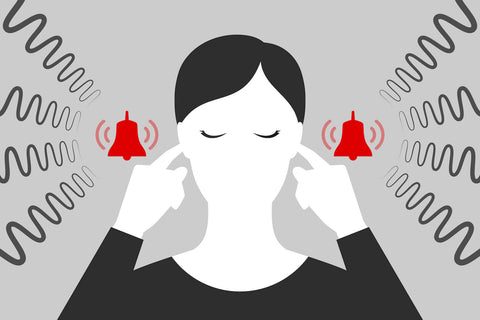


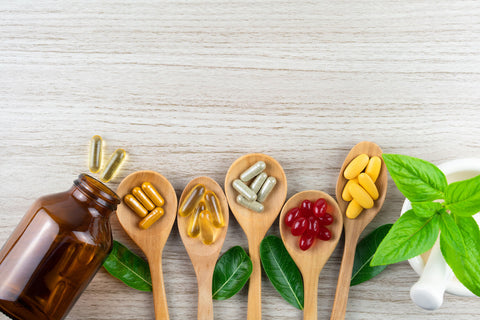
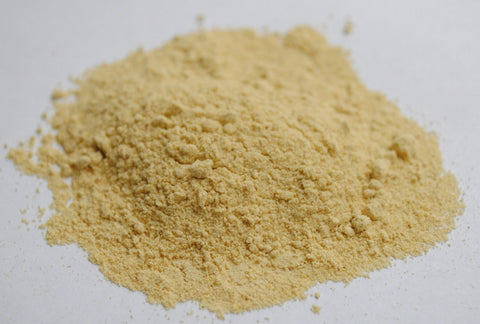
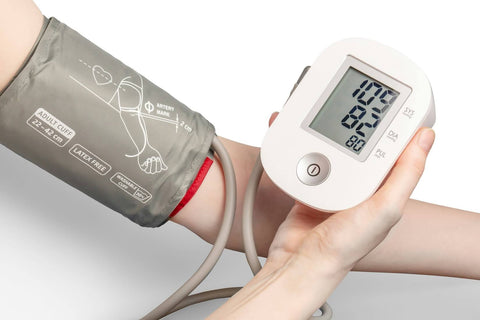
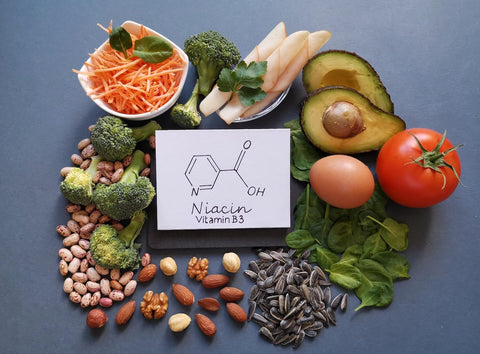

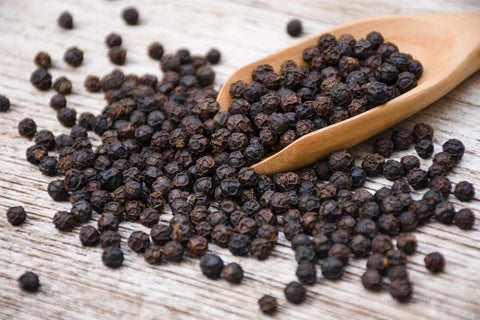
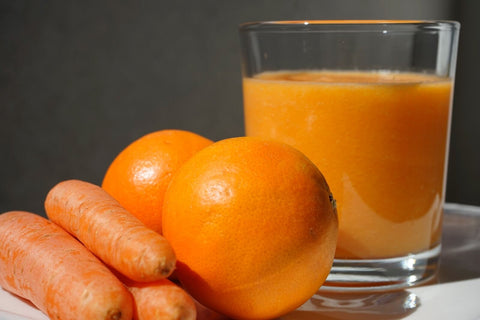

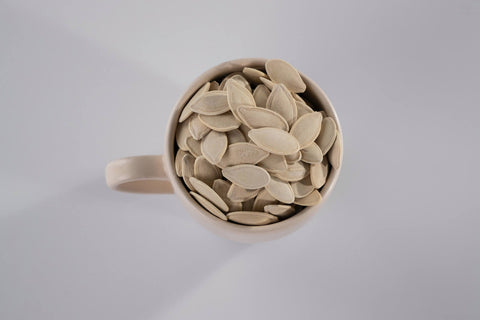
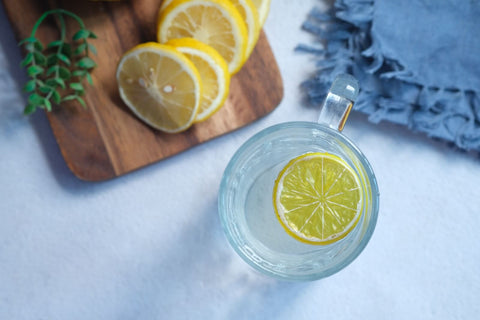


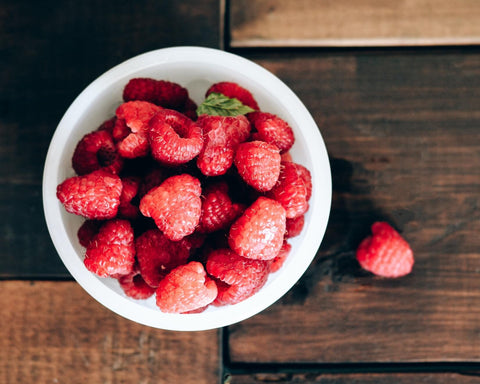


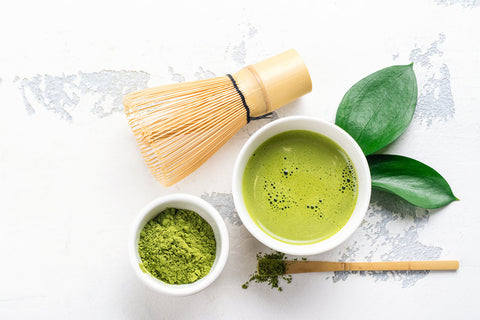







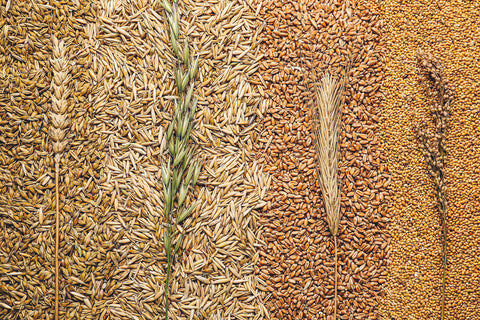
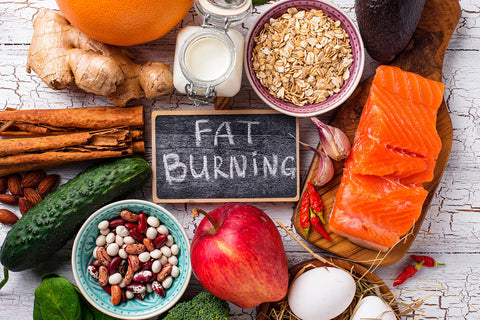
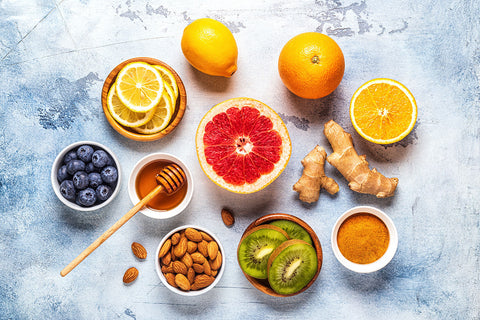
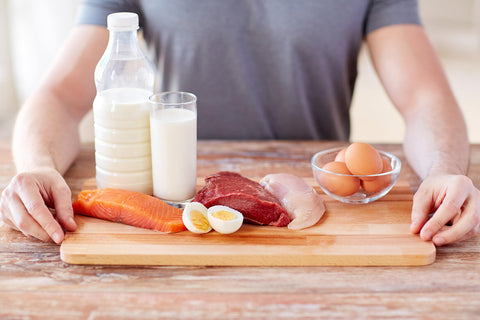



 1-800-822-5753
1-800-822-5753
